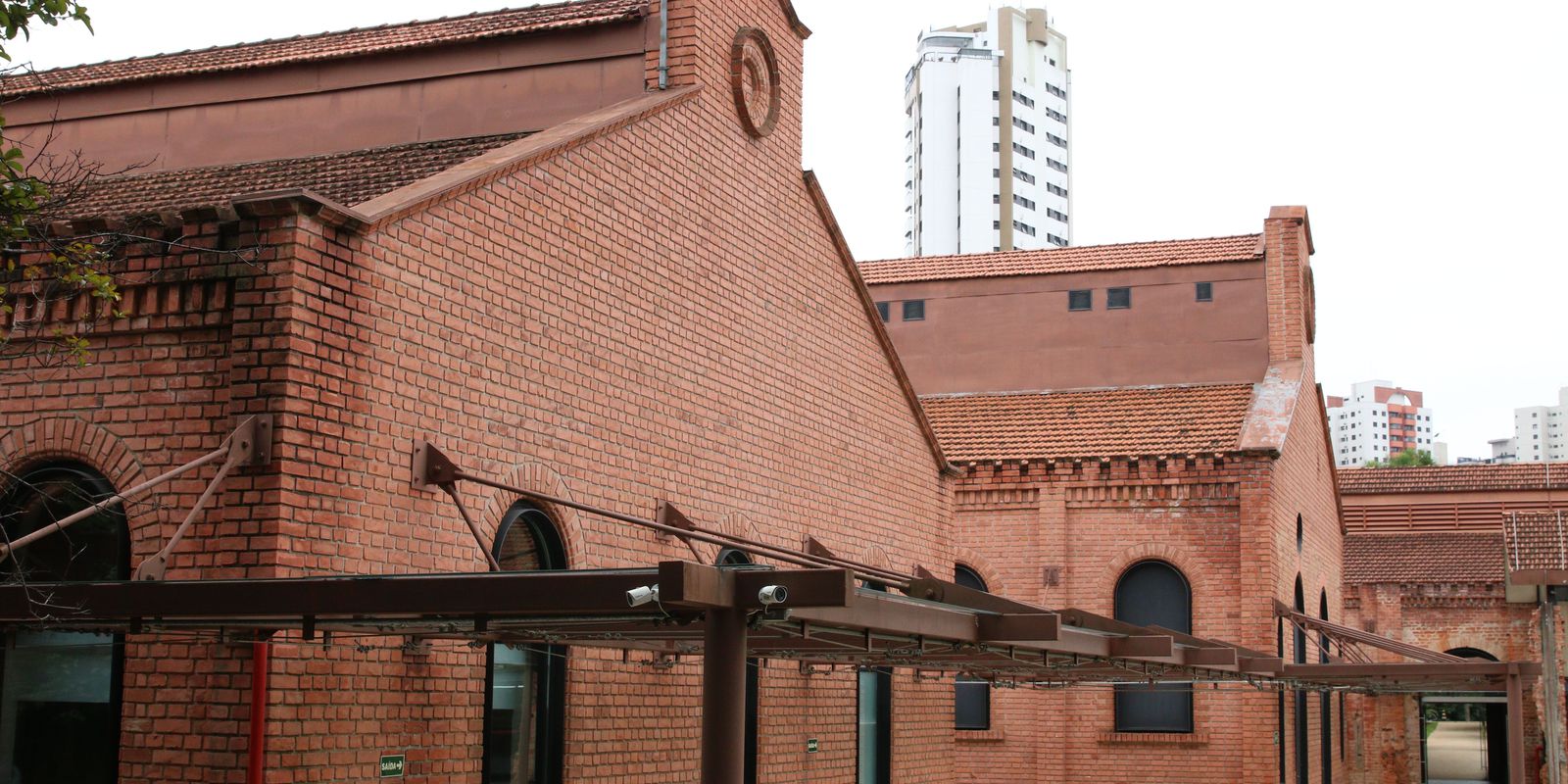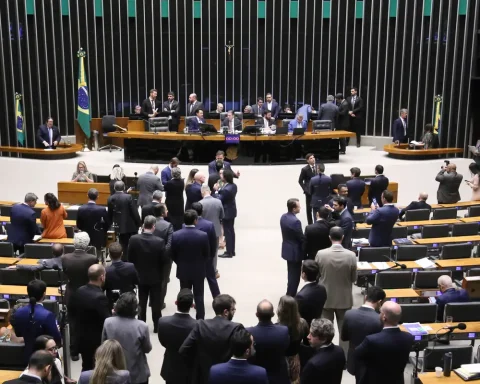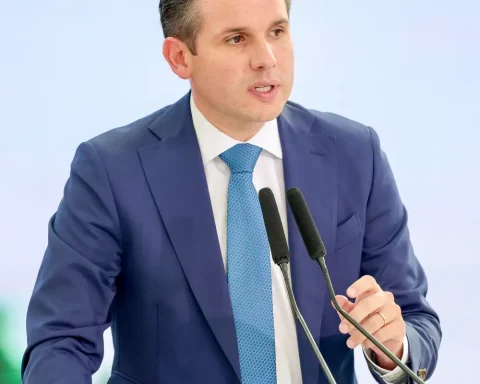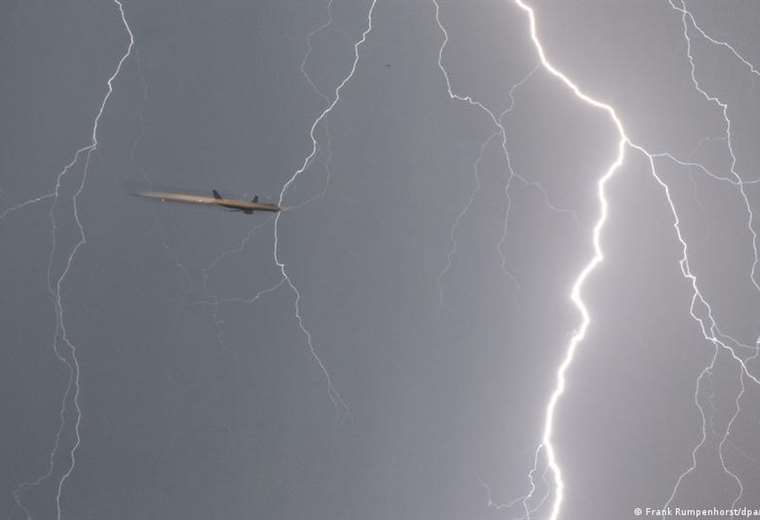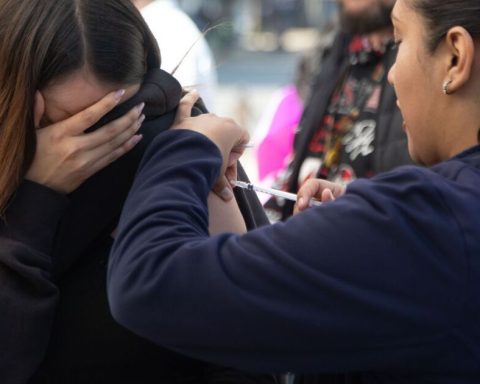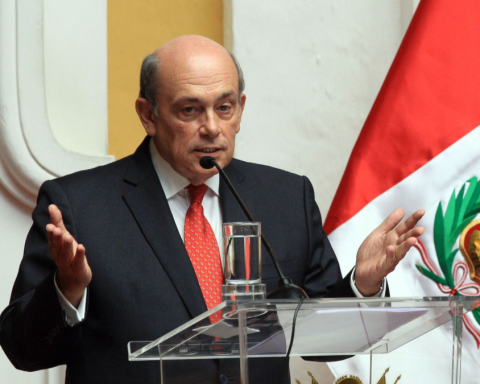Representatives of Brazilian production companies signed today (28), in São Paulo, a letter in which they commit to expanding the participation of women in the audiovisual sector. The letter of commitment was signed at the end of this afternoon at Cinemateca Brasileira, during the 46th São Paulo International Film Festivalthe largest cinema event in the country.
Signed with the movement +Mulheres Líderes do Audiovisual Brasileiro and UN Women [entidade das Nações Unidas para a igualdade de gênero e empoderamento das mulheres], representatives of the production companies O2 Filmes, Conspiração, Gullane and Pródigo pledged to give visibility to the women’s agenda in the audiovisual sector. This commitment includes a diagnosis of gender and race in key areas and in its productions, from script, direction, production, to technical positions. He also foresees that, after this diagnosis, policies will be established to increase the number of women in leadership positions, with special attention to the positions of direction and script of the works.
“This document is the first step of a broader project, which is a letter of commitment from the producers, so that they can make a diagnosis of the teams and also of the works that have been produced in the last five years so that we can understand how gender equality has been reflected. And so that we can set goals and tools to change the reality in terms of gender equality”, explained Daniele Godoy, project manager at UN Women Brazil, in an interview with Brazil Agency.
Today, the letter was signed by only four production companies, but the objective is to extend it to other actors in the audiovisual market. “The idea is that we bring other production companies, the streamingmovie theaters and TV so that they can also join this movement”, added Daniele.
The commitment was signed voluntarily by the producers. “We are volunteering to make a commitment to UN Women and our audiovisual industry to work on professional equity between men and women, in every way, both in hiring, representation, salary parity and all kinds of representation” , said Renata Brandão, CEO and executive producer of Conspiração Filmes. “This commitment comes not only to align the commitment to the UN but also to bring and inspire other producers across the industry,” she added.
“It’s not just [um compromisso] for these four producers. This is an invitation that we are making to the industry as a whole and many other producers, I’m sure, will adhere to this pact. Today, Prodigo, for example, already has a mostly female staff within the staff of people who work on a daily basis. But I still think that in productions we can increase in certain areas – and I think that’s our goal”, said Beto Gauss, managing partner and CEO of Pródigo Filmes.
According to him, Prodigo has been trying to increase not only the participation of women, but also of black people in the production company. “We want more and more to have racial equity, which I think is one of our biggest quests today: to have more and more black women with us, in our productions and in charge of our companies,” he said, in an interview with Brazil Agency.
low representation
Data from the National Film Agency (Ancine) indicate that women are underrepresented in the leadership of the works, with only 20% and 25% of them occupying directing and script positions, respectively. The agency’s data also indicate that the presence of black and indigenous women in these positions drops to zero in feature films. “Actually, we don’t have much data to understand how this configuration takes place in Brazil. We are now going to look into how the sector is working”, said the UN representative.
For her, expanding the participation of women in the audiovisual sector is important not only to offer equal opportunities, but also to break stereotypes. “Black women, indigenous women, women with disabilities, women over sixty, trans women and lesbians. We talk about this because diversity is what will break a lot with the stereotypes that we face in reality, which are these harmful barriers that make us not access opportunities, not access some spaces. In fact, we are thinking about this because the audiovisual has the power to summon, to touch those who watch. It contributes to form our imagination, to revalidate values as well as a society. That’s why it’s so strategic for us to be in the audiovisual sector,” said Daniele.
For Andrea Barata Ribeiro, a partner at O2 Filmes, the participation of women in the sector has been growing in recent years. But more needs to be done. “I am from a previous generation, where this number was very uneven [entre homens e mulheres]. We came from a mostly male world and this was even reflected in advertising, in the way women were portrayed. I think this has been changing over the years and all this movement that we make is to help and contribute to this change and to the speed of this change”, she said. “It is important that these people can see themselves and have a voice for us to evolve new stories and new points of view,” she said.
